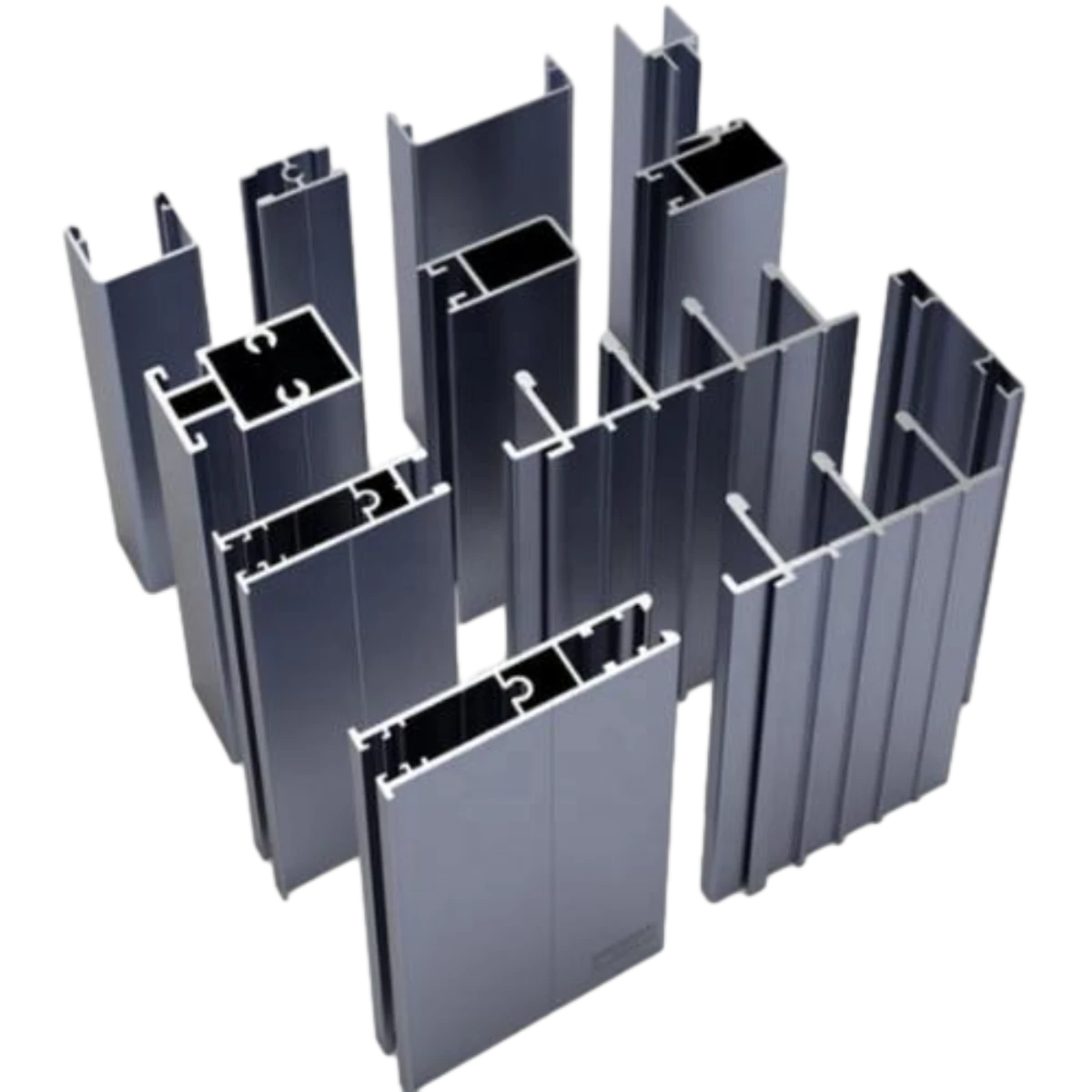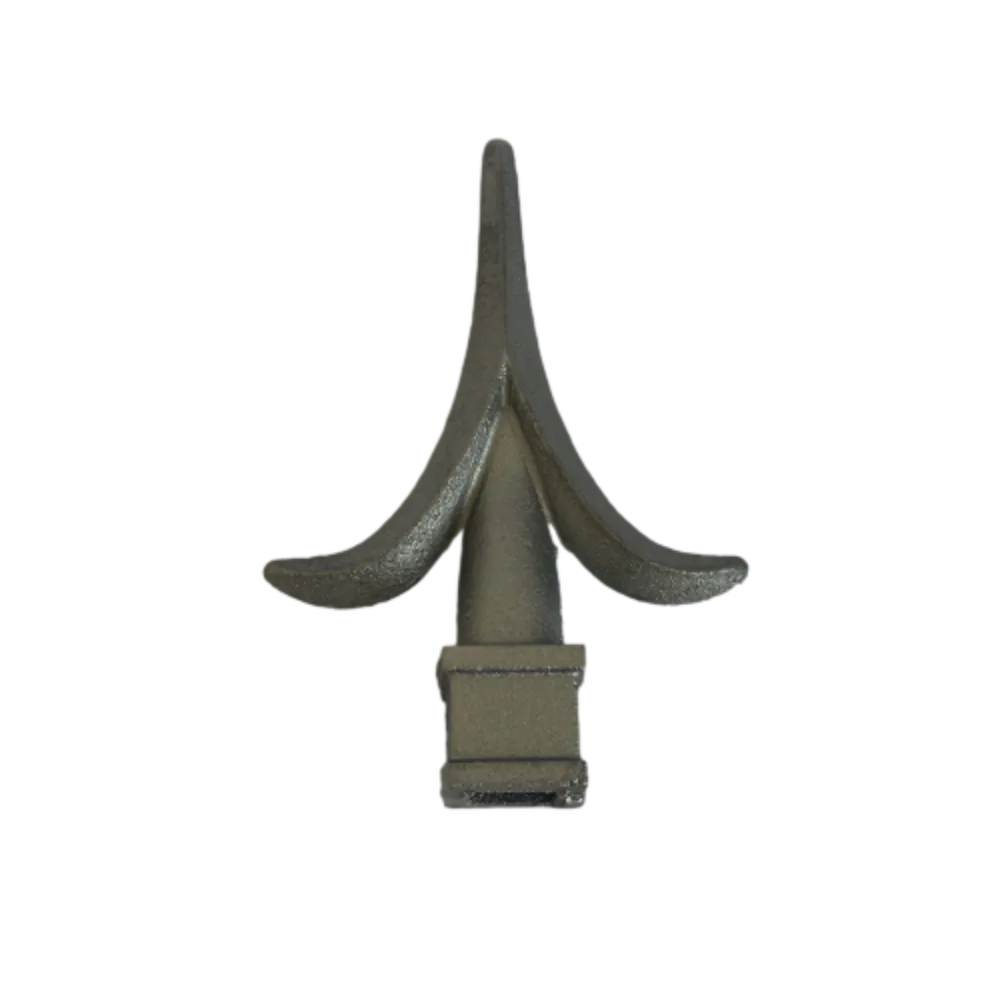Premium Cast Iron Products: Durable Casting & Rosettes
Industry Trends in Cast Iron Manufacturing
The global demand for cast iron products continues to evolve, driven by advancements in material science, manufacturing technologies, and increasing performance requirements across various industrial sectors. Modern trends emphasize not only enhanced mechanical properties but also sustainable production practices and customized solutions. The market is seeing a shift towards higher-strength ductile iron and specialized alloys that offer superior corrosion resistance and wear characteristics, crucial for demanding applications in infrastructure, automotive, and heavy machinery.
Automation and digital transformation are playing a pivotal role in optimizing production processes for cast iron casting, leading to greater precision, reduced waste, and improved energy efficiency. Predictive maintenance, IoT integration in foundries, and advanced simulation software are becoming standard, enabling manufacturers to forecast material behavior and component performance with unprecedented accuracy. Furthermore, there's a growing focus on circular economy principles, with efforts to maximize the recycling of scrap iron and reduce the environmental footprint associated with foundries. This commitment to both innovation and sustainability positions cast iron products as a resilient and adaptable material for future industrial development.
Detailed Process Flow of Cast Iron Manufacturing
The production of high-quality cast iron components, such as intricate cast iron rosettes, involves a meticulously controlled multi-stage process, ensuring metallurgical integrity and dimensional accuracy. Our commitment to excellence is reflected in adherence to international standards like ISO 9001:2015 and ANSI B16.4 for ferrous castings.
1. Material Selection & Preparation
The foundation of superior cast iron casting begins with precise material selection. We primarily utilize high-grade pig iron, scrap steel, and specific ferroalloys (e.g., ferrosilicon, ferromanganese, magnesium for ductile iron) to achieve the desired chemical composition. Each batch undergoes spectrometer analysis to confirm elemental percentages before melting.
2. Melting & Alloying
Materials are melted in induction furnaces, which offer precise temperature control and reduced atmospheric contamination compared to traditional cupola furnaces. During this phase, alloying elements are added to fine-tune properties. For ductile iron, magnesium treatment is critical for spheroidizing graphite, enhancing strength and ductility. The molten metal temperature is closely monitored, typically ranging from 1400°C to 1550°C.
3. Molding
Green sand molding is widely used for its cost-effectiveness and versatility, suitable for creating complex geometries required for cast iron rosettes. Advanced automated molding lines ensure consistency and efficiency. For higher precision or complex internal structures, shell molding or lost-wax (investment casting) processes may be employed. Cores, made from specialized sand mixes, are used to form internal cavities and intricate features.
4. Pouring
Molten metal is transferred to ladles, often with inoculation treatments (e.g., adding ferrosilicon inoculants) to promote favorable graphite morphology and prevent chill. Pouring is carefully controlled to avoid turbulence, which can introduce defects. Automated pouring systems ensure consistent fill rates and temperatures.
5. Cooling & Solidification
After pouring, the metal cools and solidifies within the mold. The cooling rate significantly influences the microstructure and mechanical properties of the final cast iron product. Careful design of gating and risering systems ensures proper feeding of molten metal during solidification to prevent shrinkage defects.
6. Shakeout & Fettling
Once solidified and sufficiently cooled, castings are removed from the sand mold (shakeout). This is followed by fettling, where risers, gates, and flash are removed. This may involve grinding, sawing, or chipping, preparing the casting for further processing.
7. Heat Treatment (Optional)
Depending on the desired mechanical properties, some cast iron products undergo heat treatment. Annealing improves machinability and ductility, while quenching and tempering can significantly increase hardness and strength. Stress relief annealing is common to reduce internal stresses induced during cooling.
8. Machining & Finishing
For components requiring tight tolerances or specific surface finishes, CNC machining is employed. This includes turning, milling, drilling, and grinding. Surface treatments like shot blasting are common for cleaning and improving surface finish, while painting, coating, or galvanizing may be applied for enhanced corrosion resistance.
9. Quality Control & Testing
Rigorous testing is performed at various stages. This includes chemical analysis, mechanical property testing (tensile strength, hardness, impact toughness), non-destructive testing (NDT) such as ultrasonic testing (UT), magnetic particle inspection (MPI), liquid penetrant inspection (LPI), and radiographic testing (RT) for internal defects. Dimensional inspection using CMM (Coordinate Measuring Machine) ensures compliance with specifications. All products adhere to standards such as ASTM A48, A536, ISO 185, and EN 1561/1563.

Target Industries & Service Life
Our cast iron products are extensively used in diverse sectors including petrochemical, metallurgy, water supply & drainage, construction, automotive, and agricultural machinery. With proper maintenance and appropriate material selection for specific environments, the service life of our cast iron components can exceed 50 years, demonstrating exceptional durability and reliability in critical applications.
Typical advantages demonstrated in application scenarios include superior energy saving properties due to optimized fluid dynamics in pump casings and valve bodies, and enhanced corrosion resistance through specialized coatings and material compositions, making them ideal for aggressive environments.
Technical Specifications: Cast Iron Castings Rosettes
Our Cast Iron Castings Rosettes are designed and manufactured to meet stringent industry specifications, ensuring high performance and longevity. These products, often utilized in architectural detailing, fencing, and gate fabrication, benefit from the inherent strength and formability of high-grade cast iron.
Product Specification Table: Cast Iron Castings Rosettes
| Parameter | Specification | Standard (e.g., ASTM, ISO) |
|---|---|---|
| Material Grade | Grey Iron (HT200, HT250), Ductile Iron (QT450-10, QT500-7) | ASTM A48, ASTM A536, ISO 185, ISO 1083 |
| Tensile Strength (min.) | 200 MPa (Grey Iron HT200), 450 MPa (Ductile Iron QT450-10) | ASTM E8 |
| Yield Strength (min.) | N/A (Grey Iron), 310 MPa (Ductile Iron QT450-10) | ASTM E8 |
| Elongation (min.) | N/A (Grey Iron), 10% (Ductile Iron QT450-10) | ASTM E8 |
| Hardness (Brinell) | 180-240 HB (Grey Iron HT200), 160-230 HB (Ductile Iron QT450-10) | ASTM E10 |
| Dimensional Tolerance | ISO 8062-3 CT10-CT12 (depending on size/complexity) | ISO 8062-3 |
| Surface Finish | Shot Blasted, Smooth (Custom options available) | ASME B46.1 |
| Weight Range | 0.1 kg to 50 kg (Standard Rosettes), up to 500 kg (Custom) | Internal QC |
These specifications ensure that our cast iron rosettes provide not only aesthetic appeal but also robust structural integrity and longevity, even in challenging environmental conditions. Our rigorous quality control processes guarantee compliance with these parameters for every production batch.
Application Scenarios & Technical Advantages
The versatility of cast iron makes it indispensable across numerous industries. Its unique properties, combining strength, wear resistance, and excellent machinability, provide significant technical advantages over other materials in specific applications.
Primary Application Scenarios:
- Architectural & Decorative Elements: Cast iron rosettes, railings, grilles, and facades for historic restorations, new constructions, and ornamental gates. The intricate detailing achievable with cast iron casting is unparalleled.
- Water & Wastewater Management: Pipes, fittings, valve bodies, and pump housings requiring high strength, corrosion resistance (especially for ductile iron), and long service life in municipal and industrial water systems.
- Automotive & Transportation: Engine blocks, cylinder heads, brake discs, and transmission housings, where high strength-to-weight ratio and excellent thermal conductivity are critical.
- Industrial Machinery: Machine bases, gearboxes, flywheels, and heavy-duty components for agricultural, mining, and construction equipment, benefiting from high damping capacity and wear resistance.
- Energy Sector: Components for wind turbines, power generation equipment, and oil & gas infrastructure, where reliability under extreme conditions is paramount.
Key Technical Advantages of Cast Iron:
- High Compressive Strength: Cast iron typically exhibits compressive strength significantly higher than its tensile strength, making it ideal for structural components under static loads.
- Excellent Damping Capacity: The graphite flakes or nodules in cast iron absorb vibrational energy, leading to a high damping capacity. This is crucial for machine bases and supports, reducing noise and extending the life of connected machinery.
- Wear Resistance: The microstructure of cast iron, particularly grey iron and some alloyed ductile irons, provides excellent resistance to wear and abrasion, making it suitable for sliding and rolling contact applications.
- Good Machinability: Graphite within the iron acts as a natural lubricant and chip breaker, allowing for efficient machining and producing fine surface finishes without excessive tool wear.
- Corrosion Resistance: Certain grades of cast iron, especially alloyed ductile iron, offer superior resistance to corrosion in various environments, including water, weak acids, and alkalis. Coatings further enhance this property.
- Cost-Effectiveness: The abundance of raw materials, combined with efficient casting processes, makes cast iron products a highly economical choice for large-scale production of complex shapes.
- Fluidity & Castability: Molten cast iron has excellent fluidity, allowing it to fill intricate mold cavities and produce complex geometries with fine details, as exemplified by our cast iron rosettes.
- Thermal Stability: Good thermal conductivity and resistance to thermal shock make cast iron suitable for applications involving temperature fluctuations, such as brake components and engine parts.
Vendor Comparison: Choosing the Right Cast Iron Supplier
Selecting a reliable supplier for cast iron products is crucial for ensuring project success and long-term performance. While many foundries exist, key differentiators include technological capabilities, quality control, customization options, and after-sales support. Below is a comparison illustrating the value proposition of a leading supplier in the cast iron casting industry:
Supplier Comparison Table
| Feature | Leading Supplier (e.g., TJJ Iron Casting) | Typical Competitor |
|---|---|---|
| Certifications | ISO 9001:2015, CE, SGS audited | Basic ISO 9001, no specific product certs |
| Material Grades | Grey Iron, Ductile Iron, Alloyed Cast Irons (HT150-HT350, QT400-QT700) | Limited to common Grey Iron (HT200) |
| Casting Methods | Green Sand, Resin Sand, Shell Molding, Investment Casting | Primarily Green Sand |
| Machining Capabilities | Full CNC machining, grinding, turning, drilling | Basic finishing, limited precision machining |
| Quality Control | Spectrometer, CMM, UT, MPI, Mechanical testing, 3rd party inspection | Visual inspection, basic dimension checks |
| Customization | Full engineering support, rapid prototyping, bespoke designs | Limited to minor modifications of existing products |
| Lead Time (Average) | 4-6 weeks (tooling + production) | 6-10 weeks (often delays) |
| After-Sales Support | Dedicated support team, 24/7, technical assistance, warranty | Limited, often self-service or delayed response |
Our commitment to advanced manufacturing processes, stringent quality assurance, and comprehensive customer support positions us as a preferred partner for complex cast iron casting requirements. We leverage years of industry experience to deliver products that consistently exceed expectations.
Customized Solutions for Cast Iron Components
Recognizing that off-the-shelf solutions may not always meet specific project demands, we specialize in providing highly customized cast iron products. Our engineering team collaborates closely with clients from concept to delivery, ensuring that bespoke designs align perfectly with performance requirements, budgetary constraints, and aesthetic goals. This is particularly valuable for unique architectural elements like custom cast iron rosettes or specialized industrial components.
Our customization process includes:
- Design Consultation & Engineering: Leveraging CAD/CAM software for precise 3D modeling and simulation to optimize design for manufacturability, performance, and cost.
- Material Specification: Tailoring alloy compositions to achieve specific mechanical properties such as enhanced strength, ductility, wear resistance, or corrosion resistance.
- Pattern & Tooling Development: Creating custom patterns and tooling essential for producing unique cast iron casting geometries with high accuracy.
- Prototyping & Testing: Offering rapid prototyping services and comprehensive testing of prototypes to validate design and material performance before full production.
- Finishing & Assembly: Providing a range of finishing options, including precision machining, surface treatments, coatings, and partial assembly, to deliver a ready-to-integrate component.
This bespoke approach ensures that whether the requirement is for a single, complex industrial part or a series of intricate decorative elements, our clients receive solutions precisely engineered for their application.
Application Case Studies
Case Study 1: High-Pressure Pump Housings for Water Treatment Plant
Challenge: A municipal water treatment plant required durable pump housings capable of withstanding continuous high-pressure operation and corrosive water environments, while also minimizing vibrational noise and extending service intervals. Previous steel components suffered from excessive corrosion and vibrations leading to frequent maintenance.
Solution: We engineered and supplied pump housings cast from QT500-7 ductile iron, known for its superior strength, ductility, and resistance to corrosion compared to grey iron, alongside an advanced epoxy coating for enhanced chemical resistance. Our design optimized internal flow paths, reducing cavitation and improving energy efficiency. Each casting underwent rigorous ultrasonic testing to ensure internal integrity.
Outcome: The ductile cast iron products significantly extended the service life of the pump units by over 30%, reduced operational noise by 15%, and decreased maintenance frequency by 40%. The client reported substantial savings in operational costs and improved system reliability.
Case Study 2: Historical Building Restoration - Custom Cast Iron Rosettes
Challenge: A project to restore a historic landmark required the replacement of several hundred intricate cast iron rosettes and decorative elements that were either missing or severely degraded. The challenge was to replicate the original aesthetic with historical accuracy while ensuring modern durability standards.
Solution: Our team utilized 3D scanning technology to capture the exact dimensions and details of existing original rosettes. Based on these scans, new patterns were created, and the elements were meticulously produced through precision cast iron casting using HT200 grey iron. Our finishing department then applied a specialized weather-resistant coating that matched the original patina, ensuring both authenticity and longevity.
Outcome: The restoration project was completed successfully, with the new cast iron rosettes seamlessly integrated into the building's facade. The client praised our ability to blend traditional craftsmanship with modern manufacturing precision, delivering components that honored the building's historical integrity while providing enhanced durability for decades to come.
Trustworthiness: FAQ, Lead Times, Warranty, and Support
Frequently Asked Questions (FAQ)
- Q: What types of cast iron do you produce?
- A: We specialize in various grades of Grey Iron (HT150-HT350), Ductile Iron (QT400-QT700), and specific alloyed cast iron for enhanced properties like wear or heat resistance. We can recommend the optimal material for your specific application.
- Q: What are your minimum order quantities (MOQ)?
- A: MOQ varies based on the complexity and weight of the cast iron products. For standard components, it might be 50-100 units; for large custom industrial castings, it could be as low as 1-5 units. Please contact us with your specific requirements for a detailed quote.
- Q: How do you ensure the quality of your cast iron casting?
- A: Our quality assurance program is comprehensive, covering every stage from raw material inspection to final product testing. We are ISO 9001:2015 certified and employ a range of testing methods including chemical analysis, mechanical property testing, CMM for dimensional accuracy, and NDT techniques (UT, MPI, LPI) to guarantee adherence to international standards and customer specifications.
- Q: Can you help with design and engineering for custom cast iron rosettes?
- A: Absolutely. Our experienced engineering team offers full design consultation, DFM (Design for Manufacturability) analysis, 3D modeling, and prototyping services to develop bespoke solutions tailored to your project's unique functional and aesthetic requirements.
Lead Time & Fulfillment
Typical lead times for new cast iron casting projects range from 4 to 8 weeks, which includes tooling development, sample production, and approval. For repeat orders or standard components, production lead times are typically 2-4 weeks. We work closely with clients to establish realistic timelines and offer expedited options for urgent requirements. Our robust supply chain and logistics partners ensure timely and efficient delivery worldwide.
Warranty Commitments
We stand behind the quality of our cast iron products with a comprehensive warranty against manufacturing defects and material failures under normal operating conditions. The specific warranty period and terms vary by product type and application, typically ranging from 1 to 5 years. Details are provided with each quotation and order confirmation, ensuring client confidence and peace of mind.
Customer Support
Our commitment to our clients extends far beyond delivery. We offer dedicated customer support through multiple channels, including direct phone lines, email, and a responsive online portal. Our technical support team is available to assist with installation queries, troubleshooting, and any performance-related concerns. We pride ourselves on providing prompt, knowledgeable, and effective assistance to ensure the continued satisfaction and operational success of our partners.
Authoritative References
- American Society for Testing and Materials (ASTM) International. ASTM A48/A48M - 03(2017) Standard Specification for Gray Iron Castings.
- International Organization for Standardization (ISO). ISO 1083:2018. Nodular graphite cast irons — Classification.
- The Cast Iron Handbook, American Foundry Society.
- Callister, W. D., & Rethwisch, D. G. (2018). Materials Science and Engineering: An Introduction (10th ed.). John Wiley & Sons.
- European Standard EN 1561:2011, Founding — Grey cast irons.
-
Plough Wheel Cast Iron Material Enhances Load-BearingNewsNov.10,2025
-
Cast Iron Cooking Stove Heat Retention Ensures Even Food HeatingNewsNov.10,2025
-
Rubber Strip Shock Absorption Protects Window EdgesNewsNov.10,2025
-
Aluminum Profiles High Corrosion Resistance Suits Coastal AreasNewsNov.10,2025
-
Window Handle Aluminum Material Ensures Lightweight DurabilityNewsNov.10,2025
-
Sliding Roller Plastic Housing Fits Aluminum Sliding WindowsNewsNov.10,2025
-
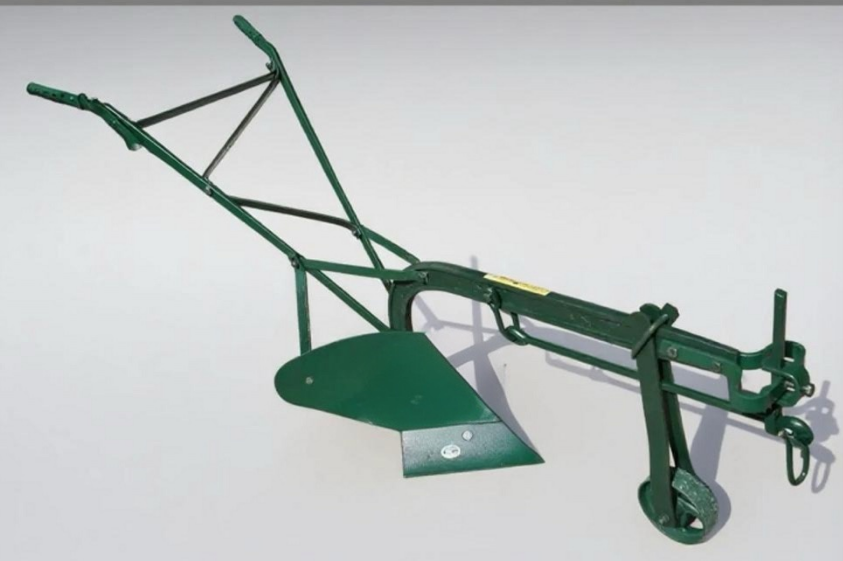 Plough Wheel Cast Iron Material Enhances Load-BearingNov-10-2025Plough Wheel Cast Iron Material Enhances Load-Bearing
Plough Wheel Cast Iron Material Enhances Load-BearingNov-10-2025Plough Wheel Cast Iron Material Enhances Load-Bearing -
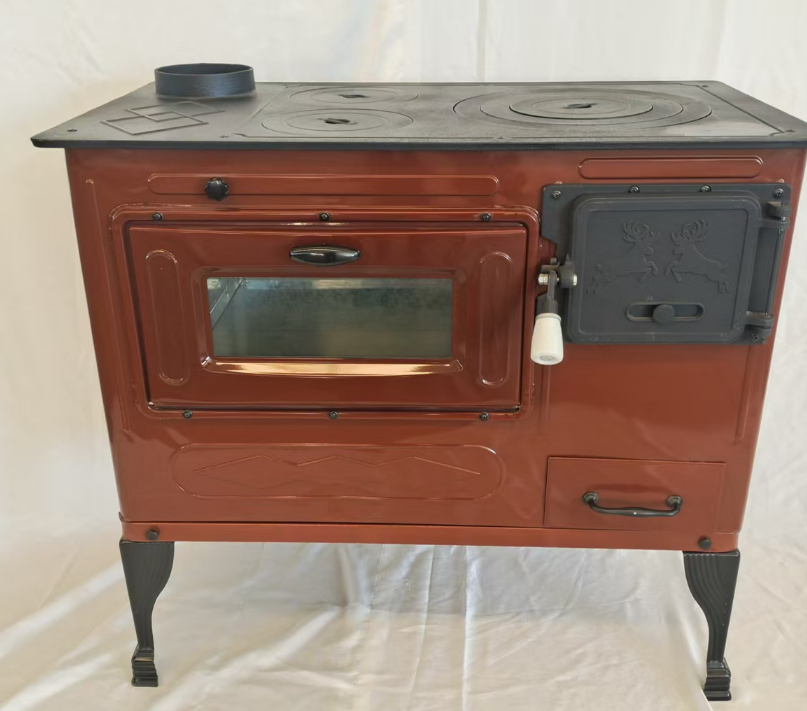 Cast Iron Cooking Stove Heat Retention Ensures Even Food HeatingNov-10-2025Cast Iron Cooking Stove Heat Retention Ensures Even Food Heating
Cast Iron Cooking Stove Heat Retention Ensures Even Food HeatingNov-10-2025Cast Iron Cooking Stove Heat Retention Ensures Even Food Heating -
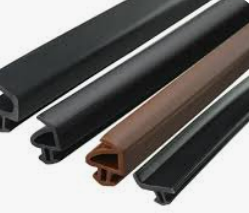 Rubber Strip Shock Absorption Protects Window EdgesNov-10-2025Rubber Strip Shock Absorption Protects Window Edges
Rubber Strip Shock Absorption Protects Window EdgesNov-10-2025Rubber Strip Shock Absorption Protects Window Edges





